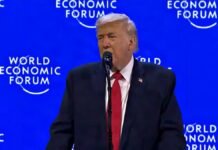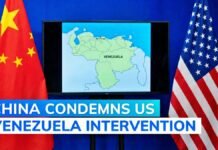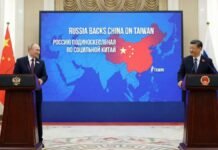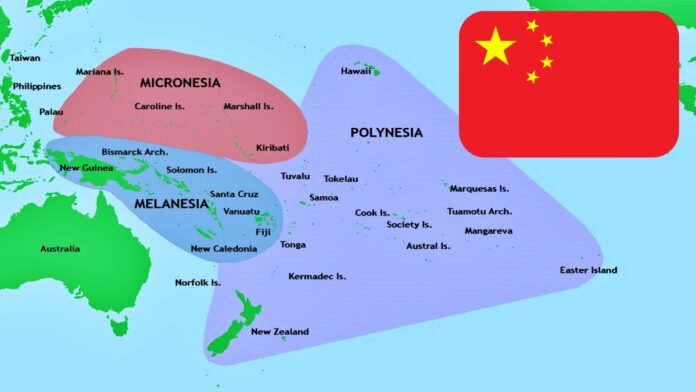
Suva: China on Monday failed to reach comprehensive new agreements with 10 Pacific nations. Some people in this area have also expressed deep concern about this. However, during the visit of China’s Foreign Minister Wang Yi, the country has achieved some successes, if not minor. Wang has arrived in Fiji to co-host an important meeting with foreign ministers of 10 island nations. Wang and Fiji’s Prime Minister Frank Bainimarama spoke for 30 minutes at a news conference but suddenly left after reporters asked a variety of questions. All the information related to the meeting could not be found, although it became clear that China’s plans could not be successful in the meeting. “As always, we seek consensus among our countries in any discussion on new regional agreements,” Bainimarama said.
Concerns have been expressed internationally about China’s military and financial ambitions in the region, while many Fijis see foreign investment as beneficial, but only so long as it uplifts the people. Fiji’s Georgina Matilda said working for the Chinese infrastructure company ‘China Railway’ meant she would be able to provide food for her children. Milian Rokolita said people have benefited from China’s growing presence. “It is because of them that we have got big houses. Money has arrived in Fiji. They are good people.” According to documents obtained by The Associated Press, Wang expected 10 island nations to support a pre-written agreement at the meeting. However, Wang could not make everyone agree on this. David Panuelo, the President of the Federated States of Micronesia, told other Pacific leaders that he would not support the plan.
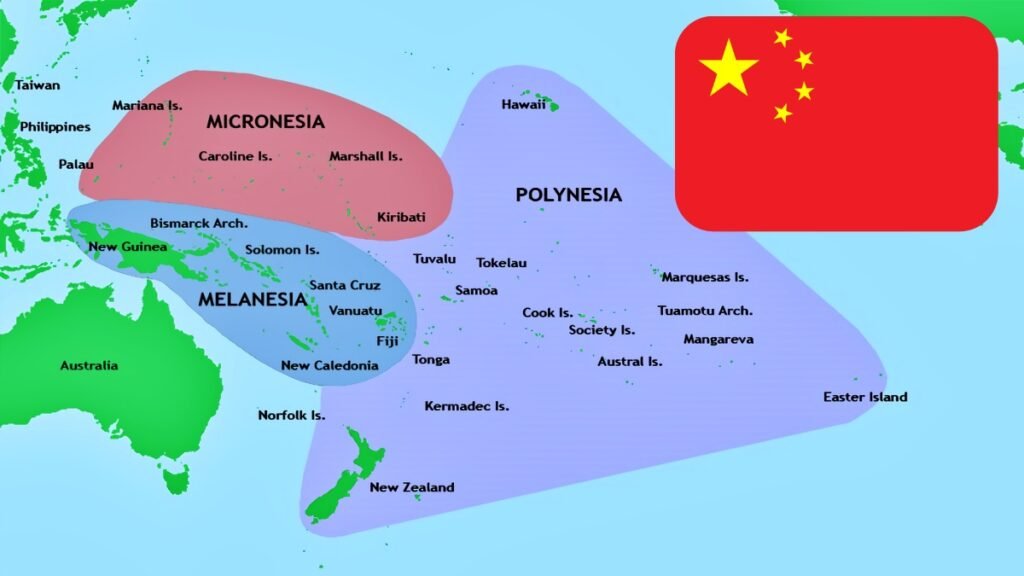
He cautioned through a letter that it would unnecessarily escalate geopolitical tensions and threaten regional stability. Panuelo called it the “proposed agreement that will bring about the most change in the Pacific,” and said it could “start a new Cold War era and the worst of a world war.” Wang listed some areas at the press conference on which The countries agreed and said they would continue work on other areas. Wang said that after the meeting, China will issue a document ‘Position Paper’ on its stand and cooperation proposals with Pacific island countries. A possession paper is a document issued to present a reasoned opinion on an issue. “We will continue to have in-depth discussions and consultations to achieve further consensus on this,” he said.
China may have failed to conclude comprehensive multilateral agreements, but during Wang’s visit, it is signing a few small bilateral agreements with Pacific countries every day. Significantly, China had presented security proposals to the Solomon Islands and nine other island nations. The draft resolution said China wanted to train Pacific police officers, organize them on “traditional and non-traditional security” and enhance law enforcement cooperation. It also wants to jointly develop a maritime plan for the fisheries industry and explore the possibility of free trade with Pacific nations.





































